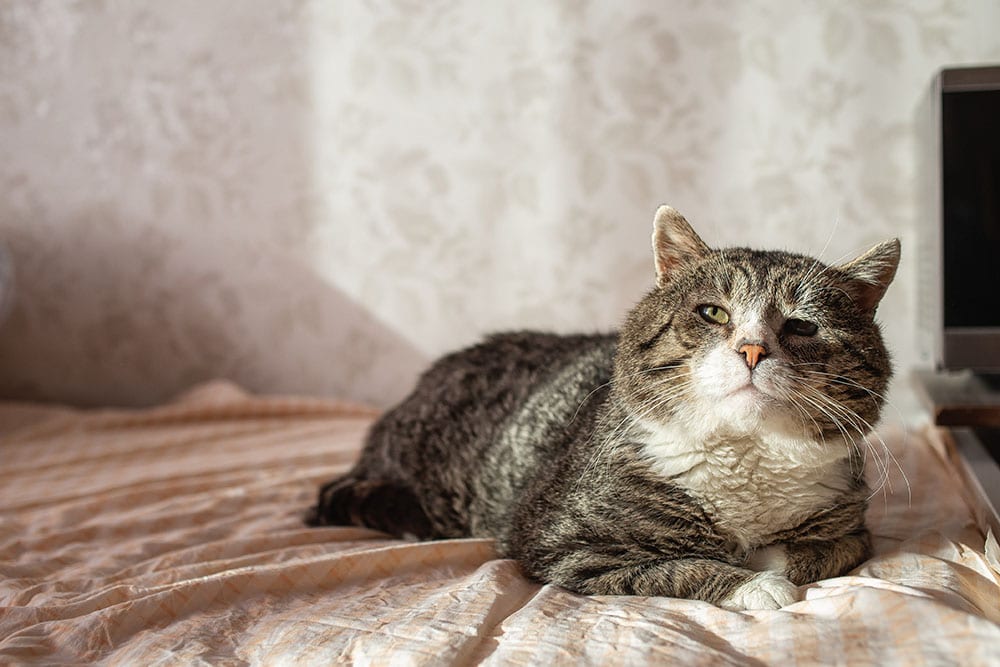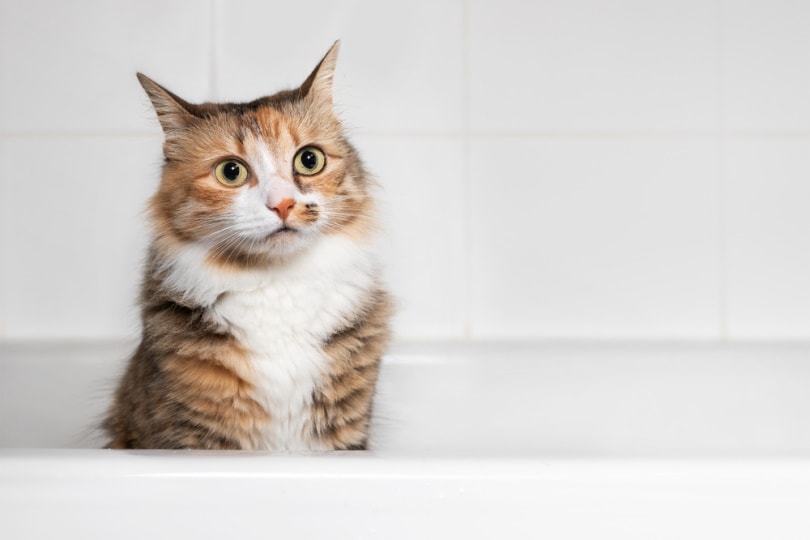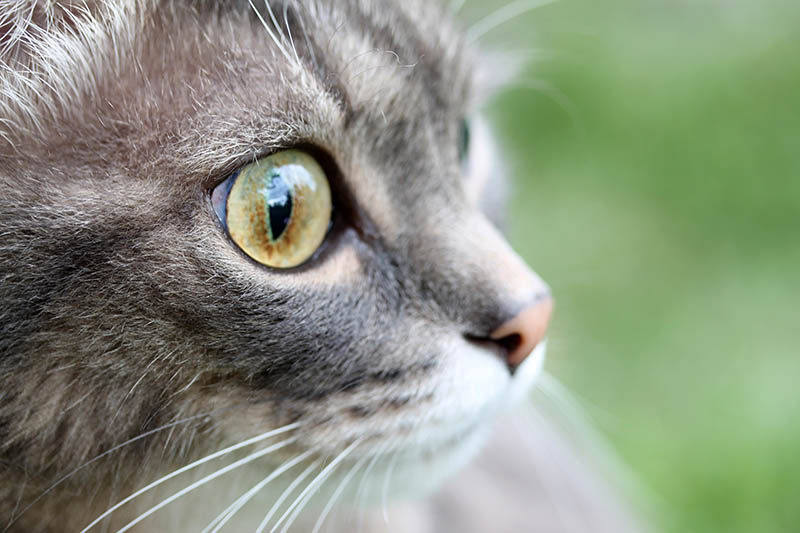Click to Skip Ahead
While young kittens are adorable and more popular, many people live lifestyles that are more well-suited for caring for senior cats. While people may worry that senior cats have more health care needs and fewer years left to live, there are many benefits that actually make them wonderful pets and new additions to the family.
So, if you’re interested in adopting a cat, consider bringing home an older cat. Here are some benefits that you can look forward to with senior cats.

The 8 Benefits of Adopting a Senior Cat
1. Skipping Kittenhood Challenges
Many new cat owners underestimate the challenges of kittenhood. Kittens often have a lot of energy and require a lot more attention. They’ll want to play more frequently, and their curiosity can get them into a lot of trouble. You’ll have to kitten-proof your home and ensure that the kitten can’t chew or consume harmful objects, like electrical wires and cleaning products.
Bringing home a senior cat skips all these challenges. Adult cats tend to be much calmer and are already litterbox trained. They’re also less likely to scratch and damage any furniture.
2. Supporting Local Animal Shelters
Animal shelters can bring in hundreds or thousands of cats annually, and many senior cats stay in their care for much longer than kittens. Bringing home a senior cat not only benefits the individual cat, but it can also help the animal shelter create more room to care for other cats.
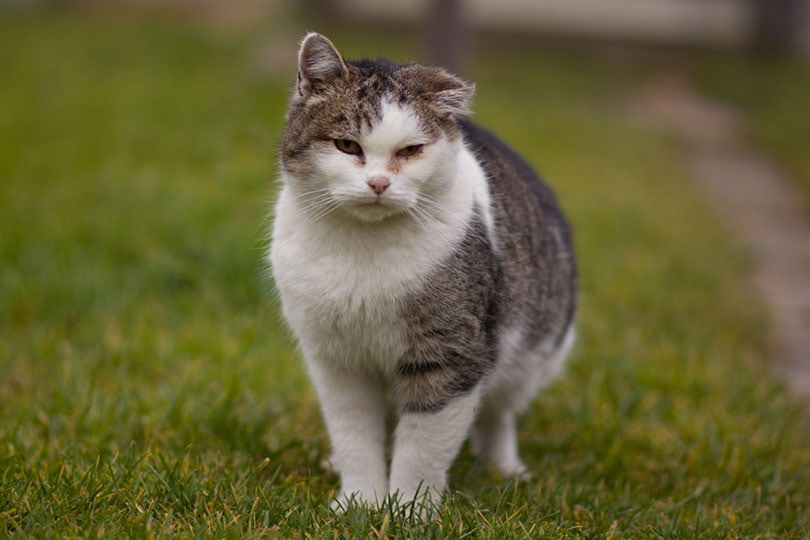
3. Cheaper to Adopt Senior Cats
It’s often cheaper to adopt older cats. Some animal shelters will have reduced adoption fees or may waive them for senior cats. Older cats also don’t need to be spayed or neutered, and most have health clearances that ensure that they’re healthy before they move into your home.
The animal shelter staff will most likely understand an older cat’s temperament and can help take some guesswork out of purchasing new cat supplies. They can let you know what toys and treats an older cat enjoys and help you avoid purchasing toys, treats, and furniture that your cat will never use.
4. Senior Cats Have Set Temperaments
Kittens are developing their personalities as they grow mature, so you might not know what sort of cat will end up living in your home. In contrast, senior cats have set temperaments and preferences. While they might act differently while adjusting to living in your home, they’ll eventually settle in and act like they usually would.
Animal shelter staff and volunteers can give you more information on a senior cat’s personality. They can also let you know if your cat can live with other cats, pets, and young children.
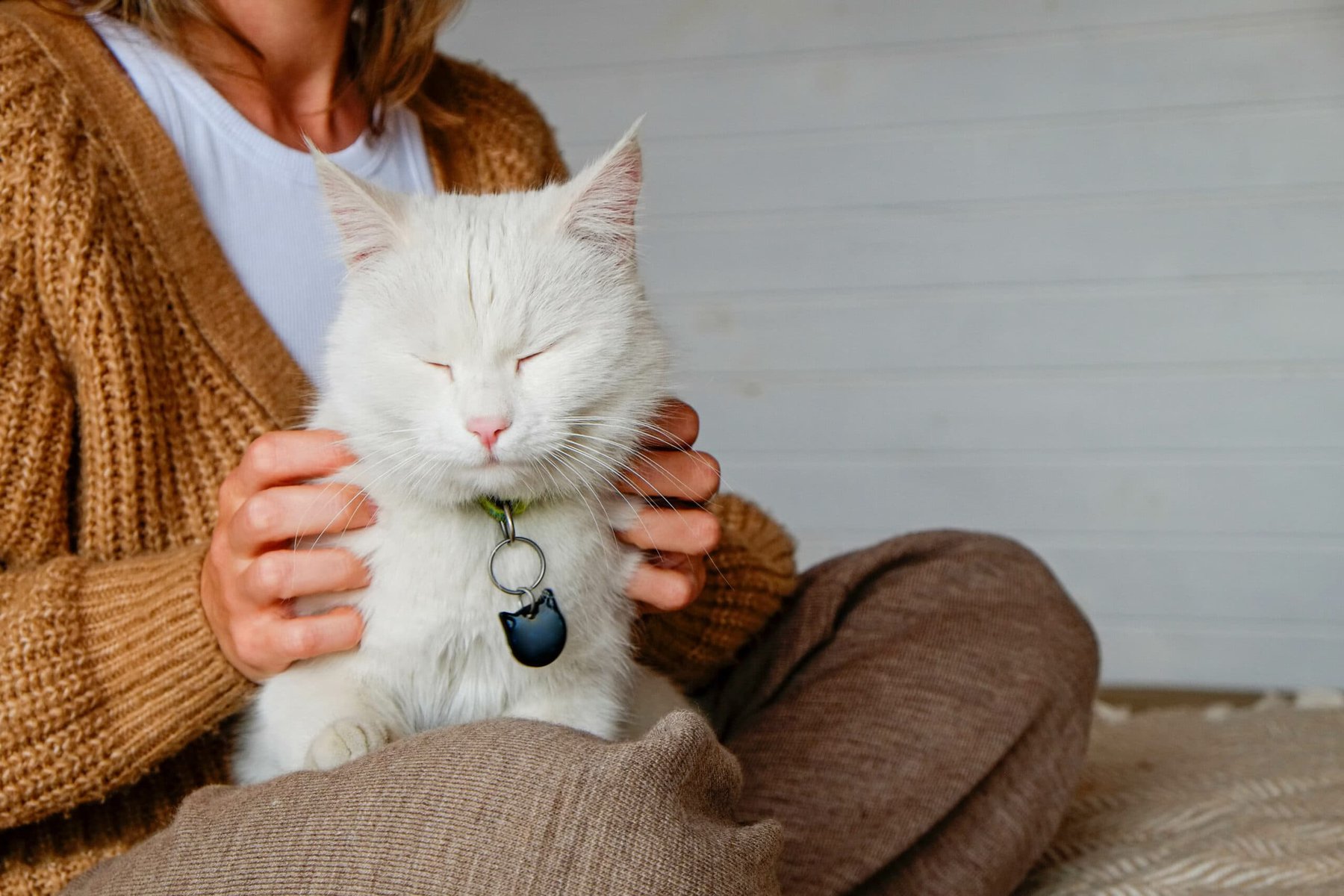
5. Senior Cats Are More Relaxed
Senior cats are more relaxed than kittens and young adult cats and are more likely to cuddle with you. While they’ll still need regular exercise, it won’t be as extensive. Cats can sleep an average of 15 hours daily, and your senior cat will probably be perfectly happy napping while you work. It’ll also probably be less disruptive than kittens at night and give you more restful sleep.
6. Senior Cats Need Less Supervision
Kittens can demand a lot of attention. You’ll have to keep an eye on them, so they don’t get into dangerous situations, and they’ll probably want to play more with you.
Senior cats don’t have as much energy, so they won’t mind being left alone. They may also prefer just to lay nearby and be less distracting while you’re busy focusing on other things.
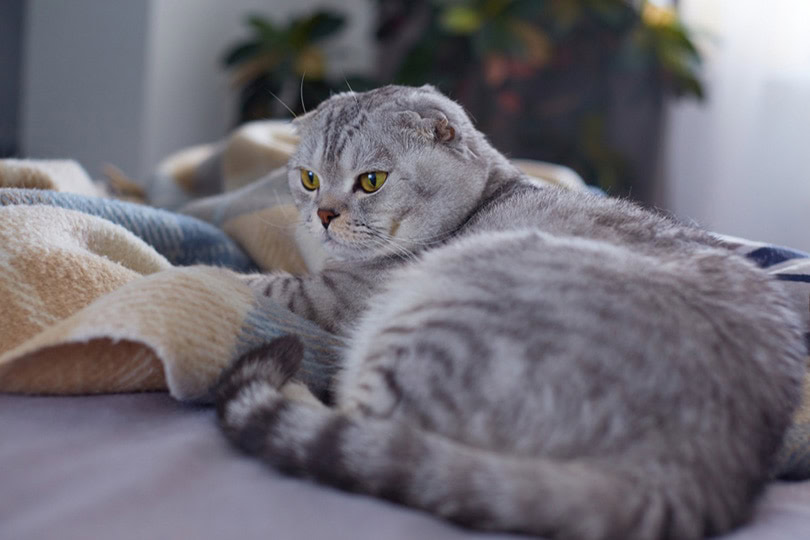
7. May Be Better for Older Adults
Unless you bring home a particularly active breed, older cats are often a good fit for older adults or anyone with mobility challenges. Young kittens can sometimes be found climbing up to unreachable heights, and it’ll be difficult to rescue them if they start meowing for help.
Senior cats are more likely to stay closer to the ground. They can still benefit from having cat trees and hiding spots in elevated spaces. However, they’re less likely to climb on top of tall bookcases and cabinets.
As another option, if you're looking to give your cat something exciting, we know of an awesome scratcher that both encourages play and doubles as a stylish modern furniture piece. The Hepper Hi-Lo Cat Scratcher is designed with a curved shape for dynamic movement, is built to last with safe and sturdy birch plywood and thick cardboard, and offers three height options to ensure your cat enjoys the exercise, elevation, and excitement they crave ... and, it's affordable!
At PangoVet, we've admired Hepper for many years, and decided to take a controlling ownership interest so that we could benefit from the outstanding designs of this cool cat company!
8. Senior Cats Can Still Live Many Years
Cats have longer lifespans than dogs and can live up to the upper teen years. Some cats can even live past 20 years old, and the oldest cat lived 38 years and 3 days. Cats are classified as older cats when they reach 11 years old. However, they still have the potential to live many more years with you.
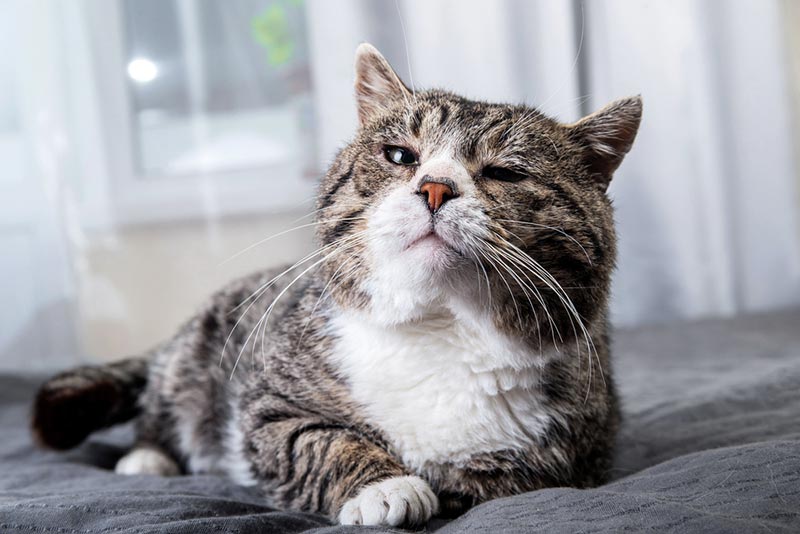

How to Care for Senior Cats
Your senior cat may have some special care needs that naturally come with age, but they’re usually minor adjustments. The main thing that you’ll want to be aware of is making things more accessible for your cat. Senior cats may prefer low-entry litter boxes so that they can get in and out more easily. You may also need to place its food bowl and water bowl closer to the ground.
It’s also helpful to conduct regular weigh-ins at home. Fluctuating weight can indicate an underlying health issue and having a record of your cat’s weight can help veterinarians treat your cat accurately.
You’ll also want to become familiar with common genetic health issues associated with your cat’s breed. Awareness of early signs can help you get your cat the treatment it needs before the condition worsens.


Final Thoughts
There are significant benefits to adopting a senior cat. Senior cats are often better fits for people with busier lifestyles and first-time cat owners who may not be prepared for kittenhood. So, it’s best to bring home a cat based on its temperament rather than its age. It’s very possible that the older cat may be the perfect pet for you.
- See also: 15 Reasons & Benefits to Adopting a Cat
Featured Image Credit: Alex Zotov, Shutterstock
